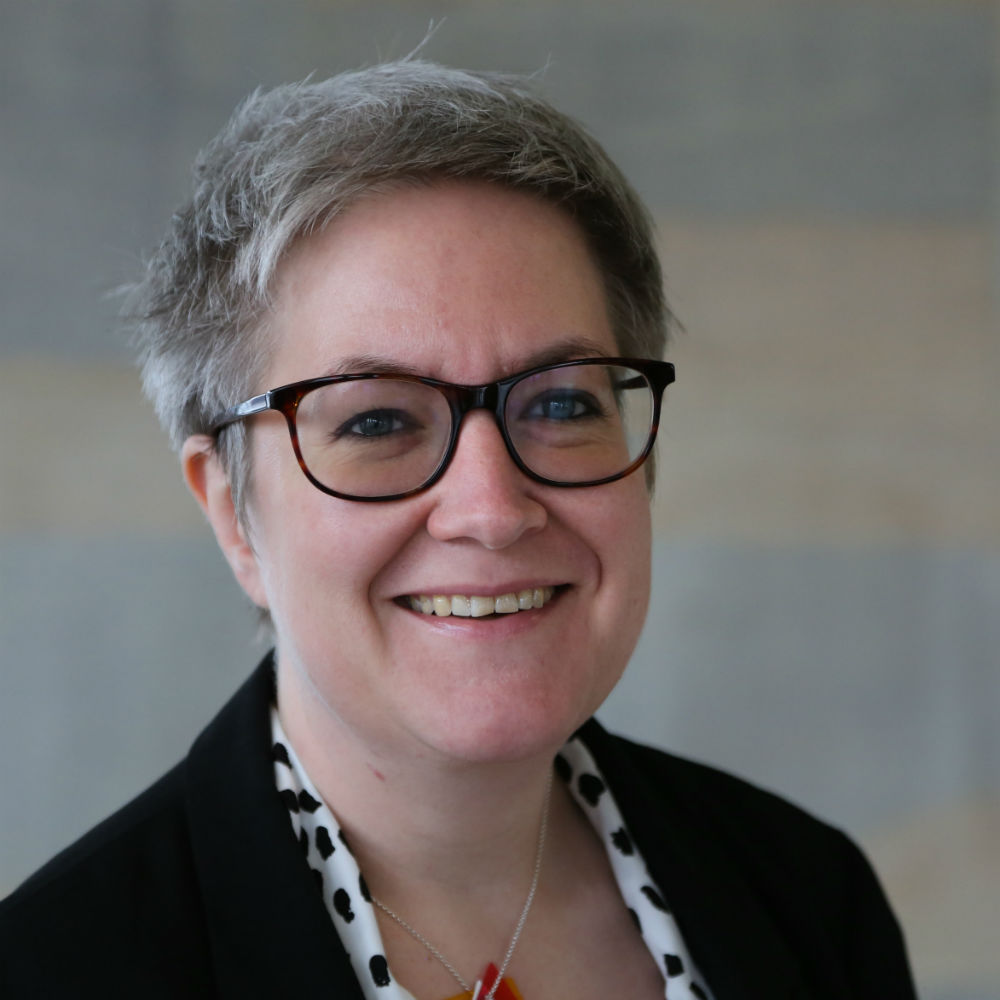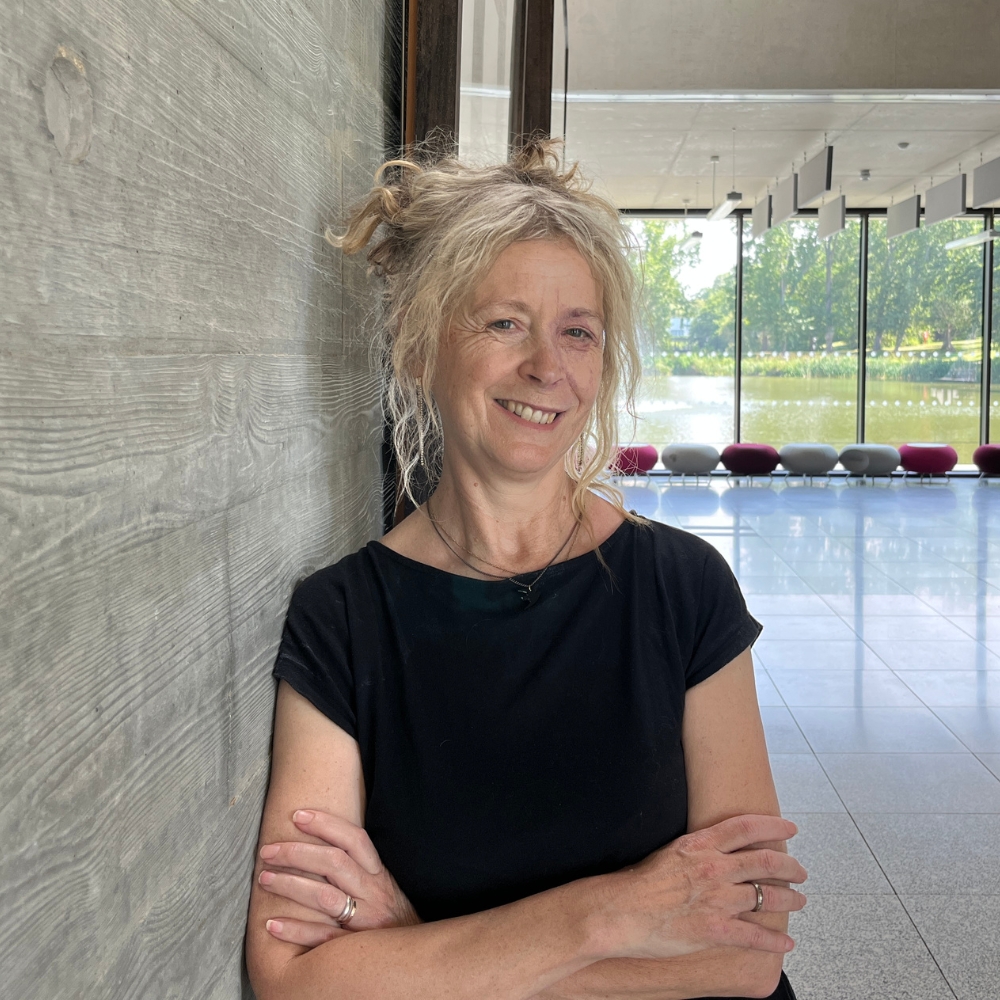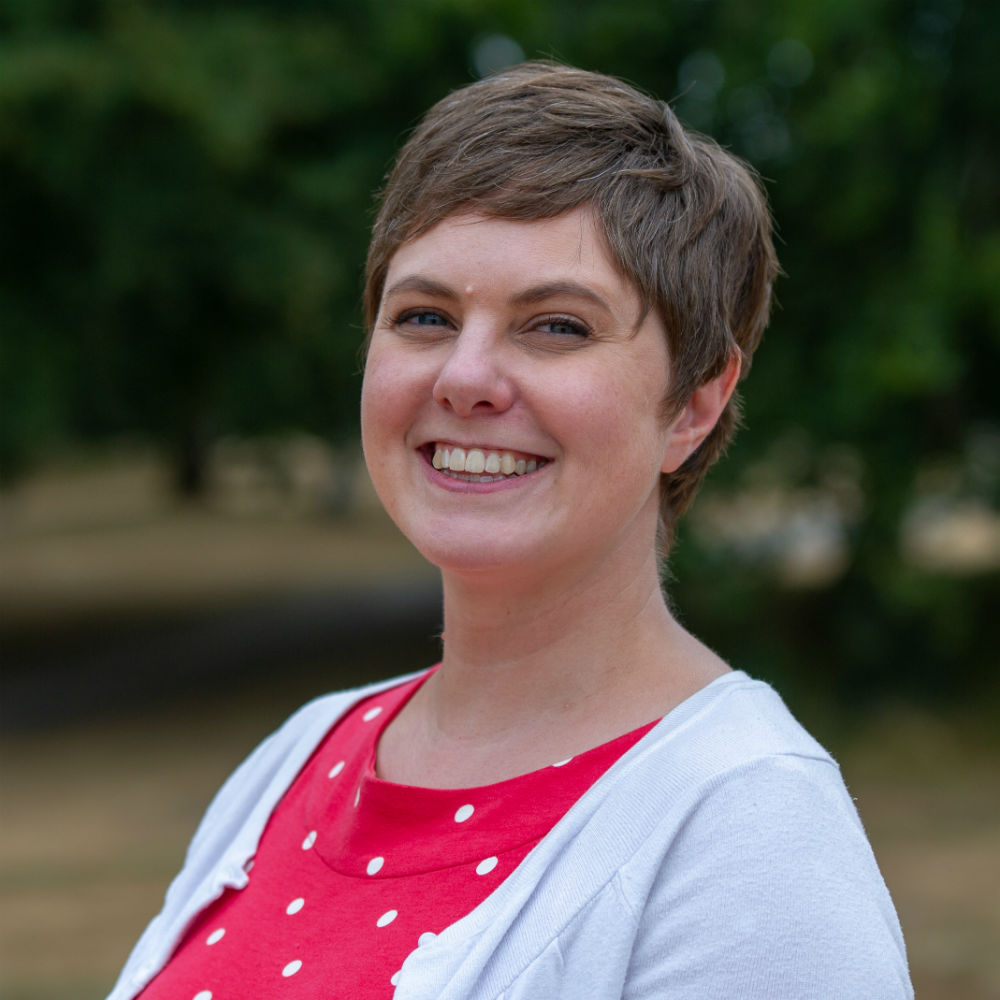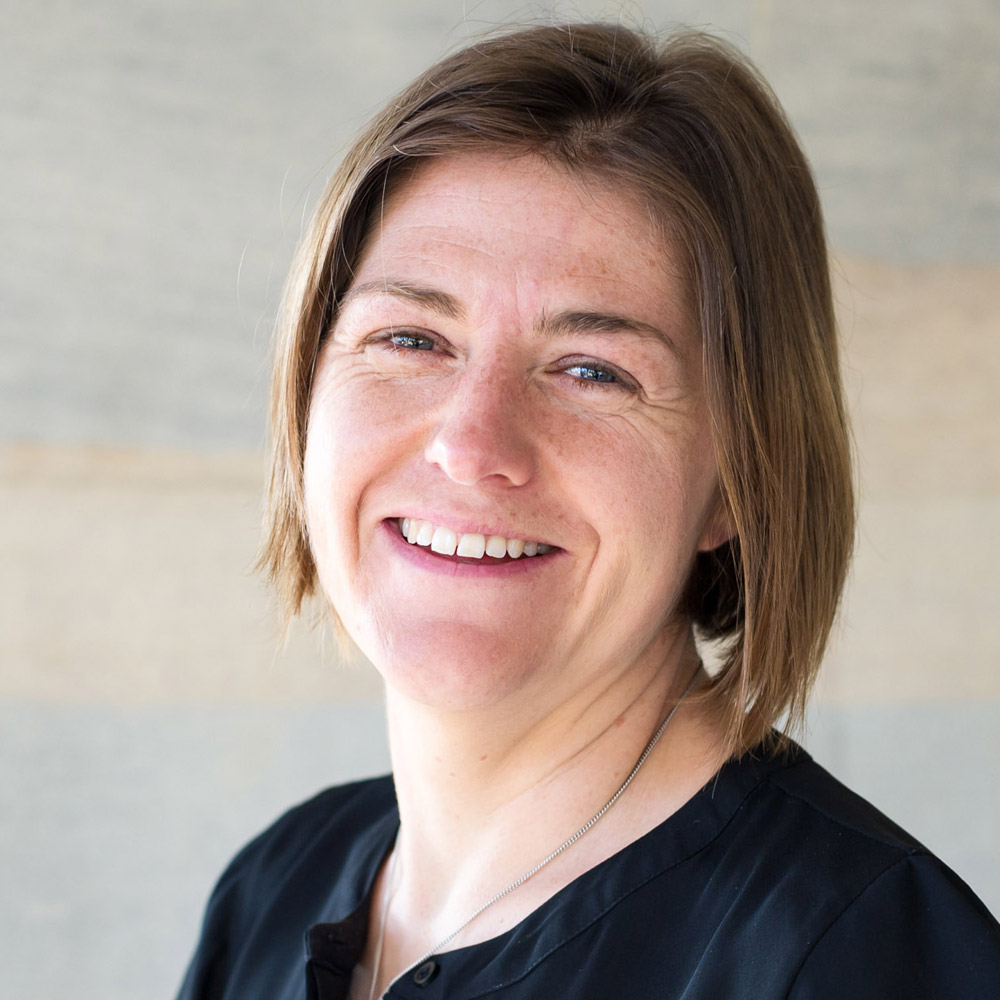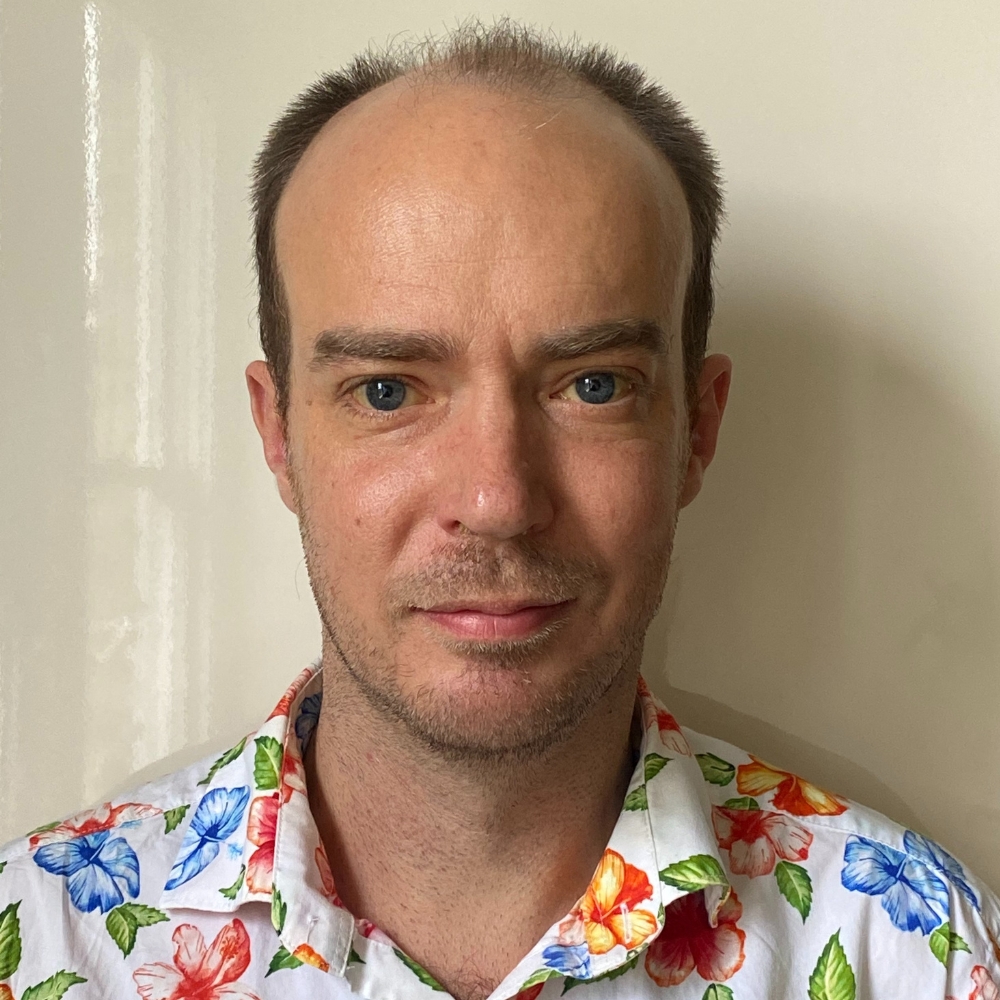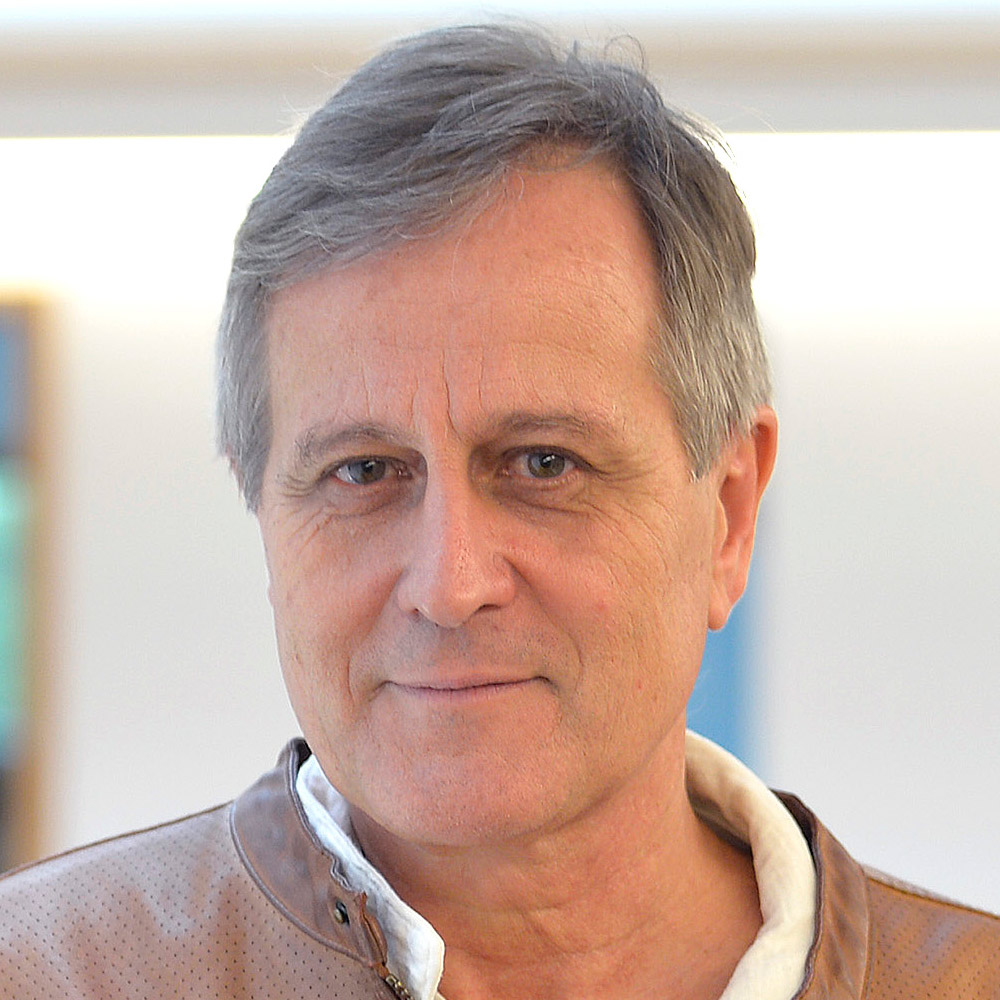Promoting collaborative study and practice of history, and making history accessible and engaging for public audiences and practitioners
Since its inception in 1972, the department has been committed to reaching out beyond academic conventions. We created the Centre for Public History to act as a forum for research and teaching concerned with the place of history in public life and as a hub for our impact and outreach activities.
As historians committed to public engagement, we explore the rich and diverse ways history is represented and debated 'in public', from the museums, archives and heritage sector to the arts, education, government, business and tourism – in the UK and globally. We aim to offer creative answers to the question of how we can communicate history through different media, from film to digital mapping, to dramatic re-interpretation of historical events.
We are ambitious for our Centre for Public History. Building on the success of the impact case-studies we submitted for REF2014, we are actively broadening and deepening the possibilities for co-producing history with a range of partners and audiences, including schools museums, businesses, and local community groups.
We also continue the work pioneered by the Centre for Local and Regional History, building relationships with communities and organisations in Colchester, Essex and East Anglia through lectures, student placements and public engagement projects; our showcase event is the annual Dudley White Local History Lecture (founded by bequest in 1993).
We enjoy close links with the Essex Record Office in Chelmsford and, through our Community Fellows, with the Victoria County History of Essex, Colchester Archaeological Trust, and Colchester Recalled oral history project. Special Collections in our University Library include the Essex Society for Archaeology and History library, and oral history interviews deposited in the Hervey Benham Sound Archive.
Meet our members





